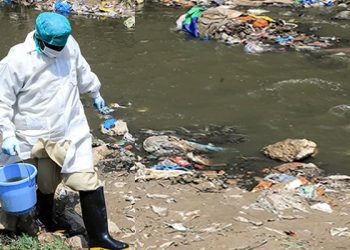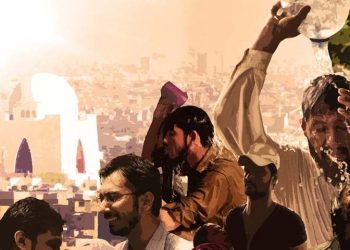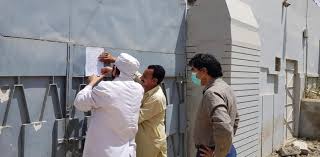The Supreme Court of Pakistan on Friday granted bails to Pakistan Tehreek-e-Insaf (PTI) founder and his close aide Shah Mahmood Qureshi in the cypher case.
The PTI top leaders’ plea seeking bail was being heard by a three-member bench comprising acting chief justice Sardar Tariq Masood, Justice Athar Minallah and Justice Mansoor Ali Shah.
The bails have been granted against a surety bond of Rs100,000.
Former premier PTI founder had moved the Supreme Court seeking post-arrest bail in the case. The PTI supremo, who is incarcerated at Rawalpindi’s Adiala Jail, filed the plea through his counsel Salman Safdar.
What Happened at the Hearing?
As the judges asked what rules did PTI founder or Shah Mahmood Qureshi violate, prosecutor Rizwan Abbasi said that such rules are secretive and are only conveyed to those in power. Hearing this, Justice Mansoor Shah inquired, how can rules be secretive?
Justice Athar Minallah objected that the prosecution is itself breaking rules. If a cypher is decoded and then sent to the government, it doesn’t remain the same secretive document as it was received.
Justice Sardar Tariq questioned why former PM Shehbaz Sharif, who did a National Security Committee meeting over cypher, never said anything about its disappearance? upon which prosecutor said that the original document wasn’t presented in the NSC session but only a copy of the decoded cypher.
Justice Mansoor strongly objected upon the FIR in the case and asked who and what determined that the act of making public a decoded document harmed US- Pakistan relations? Who and what determined if this was the only case which made Pakistan a laughing stock in India? Removing prime ministers before the end of their terms can also lead to the same, what should and can be done about it?
Justice Athar Minallah said that the documents prosecution showed only imply that a foreign country suffered all the damage not Pakistan. He inquired if the caretaker government wants PTI founder in jail?. “ Do they want the country to go through the same circumstances similar to 1970 or 1977?, asked Justice Athar Minallah.
He asked why political leaders are made to go through such repression, adding that the prosecution should explain what harm would come to the country if the PTI founder is freed from prison as elections are near and now the matter at hand is not only of PTI founder’s rights but those of the people of Pakistan.


















































